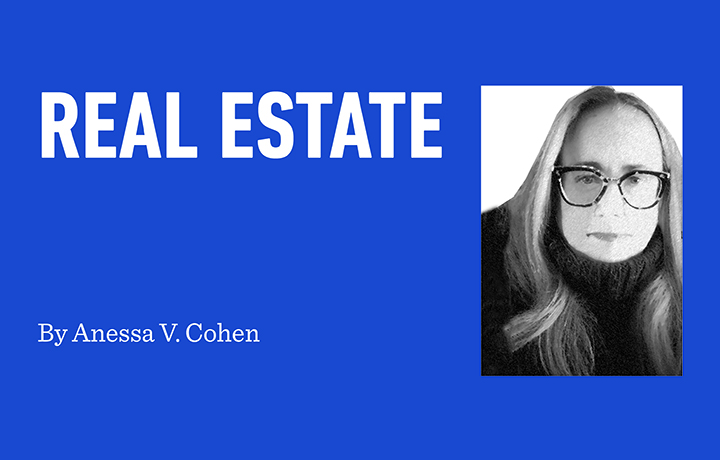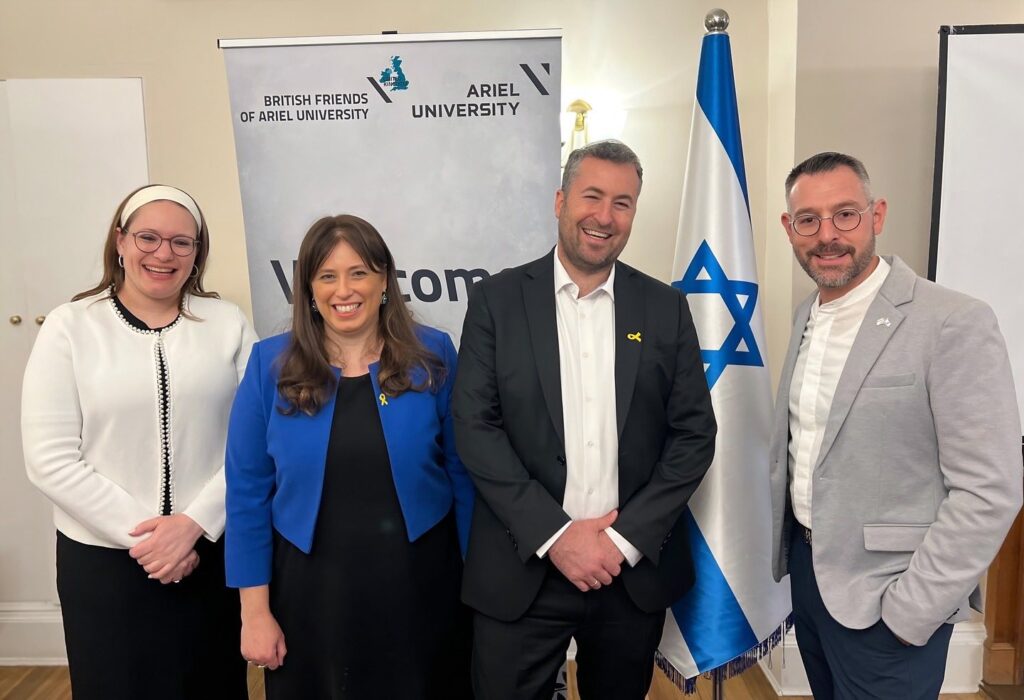Rethinking Emotional Legacy For People Of All Ages
By Tanya Krim
We are living in complicated times where things feel uncertain, upside down, and unpredictable. Random “stuff” happens more than ever. And in our quiet moments, many of us confront fears about the volatility and restlessness of our world, resulting in an increased awareness of our own mortality. Thinking about this is emotionally taxing, although it is—and always has been—part of the human condition.
And so, in a world gone crazy, it has become increasingly important to connect with beloved friends and family as their warmth and familiarity bring us comfort. Another strategy is to engage in activities that feel constructive and/or restorative as these can help remind us of the different kinds of positive, fulfilling moments in life and thus prevent us from descending into a dark place.
In his book, The Secrets of Happy Families, American writer Bruce Feiler, highlights the importance of developing a strong family narrative and its role of connecting children to something larger than themselves. It is designed to help them make sense of how they fit into the world that existed before they arrived. It helps create an impression of identity about the story in which they feature; these are the people who came before me and whose descendant I am. These are my roots, and I am one of the branches on the family tree. Let me see if I can grow these branches in accordance with the examples I have been shown.
While some people are master storytellers who excel at sharing narratives, others are less gifted in the storytelling department. However, as life ticks on, many furnish a deep desire to jot down important thoughts, insights, and emotions, and share memories of significant events. Because they know that, in doing so and describing multiple events which have occurred in their life, they teach their children and grandchildren about themselves, the value and impact of ancestors, and the strong connections between one generation and another. Getting all the stories and feelings down helps future generations understand where and whom they come from, who their ancestors were, what type of principles and morals they represented and how they evolved into a family with a specific value set. For the Jewish people, this has always been especially important as we value transmitting key messaging m’dor l’dor (from generation to generation)—in a written as well as spoken form.
One way to do this is to write up important chapters of one’s life such as perhaps a fertility journey, a health journey, a milestone birthday/anniversary, or one’s entire life story.
The truth of the matter is that my father—who passed away from Covid in November 2021—was my inspiration and the reason for this pivot to storytelling after a career in qualitative market research. I also went back to school in 2019 to get my MS in Gerontology, which kindled my love for storytelling with older people.
Bottom line: I am also very passionate about the need for storytelling because my father raised us to value history—general as well as personal—and to know, as Jews, just how important it is to be aware of one’s own family story. His story was a fascinating one as his parents fled from Hitler early (1933–34). He was born in Jerusalem in 1941, moved with his parents to London in 1955 and is now buried in Jerusalem where he wanted to be. The book I wrote about his life to honor him for his 80th birthday is entitled The Man We Love and was extremely well-received by him and then, at his shivah, by friends and family who had known him at different times of his life. Many picked up the book, read some of the narrative and looked at the photos, which matched the storyline, and enjoyed wending their way down this nostalgia-filled lane.
I have just completed another book for a lady who is turning 94 years old and feel privileged to have watched her delight at seeing her life-story recounted and written up for her and her descendants.
The rampant increase in antisemitism we are witnessing feels very reminiscent of the 1930s in Germany, which my grandparents fled. And this is perhaps part of what is now compelling me to highlight the importance of this narrative form of emotional legacy for older people.
It is a gift for the older person to narrate their story with dignity—while they still can—for the interviewer probing for and listening to all the details as well as the family members who get to learn more about their loved one—via words and pictures. And… this is also an effort to make sure that some of these stories are captured because we are in a world where nothing can be taken for granted. Because, after all, not everyone in Nazi Germany managed to tell their story.
And for those who do not have the patience and/or ability to sift through their memory bank with a narrative consultant, another option is to craft a Legacy Letter.
A Legacy Letter is a personal, written, or dictated document that you create in order to communicate your values, life philosophy, experiences/achievements, life lessons, blessings, hopes, dreams, and legacy for future generations of your family. This allows them to learn from you and remember your stories once you are no longer on Earth.
It is a document from your heart to theirs…. and is NOT a legal document in any way.
It offers an opportunity to add to personal family knowledge and history to express one’s life accomplishments, values, and legacy wishes for the family. It is a way to leave behind a legacy of thoughts, wisdom, love, guidance, and aspirations for future generations… not just material possessions.
Timeless Lives’ Legacy Letter Portfolio has been designed in an innovative fashion—as a keepsake book—rather than in short, traditional letter format. It allows people of diverse ages to start work on completing their own personalized Legacy Letter in a more empathic and satisfying fashion.
Because legacy is a process which happens while we are alive.
Social media provides short, sharp snapshots of your life. In contrast, this Legacy Letter provides you and your descendants with snapshots of your heart and soul… the “real” stuff that makes you tick. The stuff that is not visible in the photos or memes you share on social. Because the true measure of a life well-lived isn’t in grand accomplishments, but in touching memories and the small, courageous acts of everyday love and affection.
It is easy to fill out the factual, background personal information yourself—when and where you were born, family details, education—or the professional interviewers at Timeless Lives can do it for you. But, no matter what, our professional interviewers and writers do the heavy lifting for you when it comes to the deeper, more complex, thought-provoking questions about your life values and beliefs, wishes, and hopes.
Timeless Lives sets up a time for you or a loved one to be interviewed about “the heart of you.” It is an enjoyable, exclusive, emotive experience in which you get to be the chief narrator of your life. We ask you open-ended questions and then write it all up for you to add to your Legacy Letter Portfolio.
And then you can choose whether to get your Legacy Letter Portfolio in digital or print format. If you choose a print format, your Legacy Letter Portfolio gets printed and sent back to you in a beautiful hard-bound book and you certainly add more information as the years go by, if/when you want. (For example, about core values and beliefs and wishes for your children/grandchildren.) A leather portfolio is custom-made in Italy for Timeless, and available for those who wish to house their Legacy Letter in a special place.
It is a beautiful keepsake gift that adult children can purchase for parents/grandparents, and it then becomes the gift that keeps on giving to future generations of your family.
{IMG goal of legacy letters.svg
Each human being is a work in progress. Each one of us evolves over time as do our thoughts, attitudes, and behaviors. Children don’t just learn from us. They watch us and learn from us. Every day is precious and might feature a treasured moment you and they don’t want to forget.
And the truth is that it is never too early to start composing your unique keepsake Legacy Letter. Earlier is actually better as more insights and “stuff” can be remembered and preserved in written form. You can even start composing your unique, keepsake Legacy Letter when you are in your mid- to late-40s as, by then, you can probably describe your childhood, early adulthood, love stories, and academic and professional life. And, as the years go by, you can also add some info about your perspectives on life or have the Timeless team do it with you!
Tanya Krim is the founder of Timeless Lives—a customized life story book service. For more information visit timelesslives.com. Tanya can be reached at [email protected].












